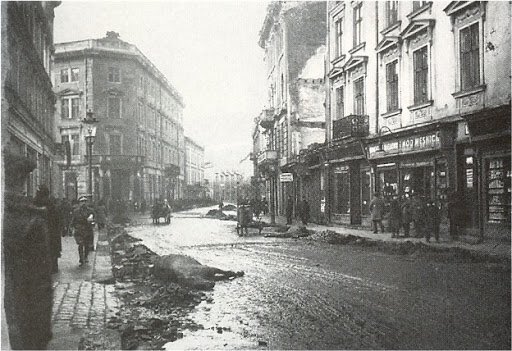
“It’s team work that counts - support National Government” — British poster published by the Conservative Party during the 1935 general election. 

“Use your head - support your own team and vote Labour” — Poster published by the Labour Party during the 1923 general election that gave Britain its first Labour government. 

“It’s Labour versus the rest” — another famous Labour poster, this one from 1924, showing a player booting the “vote” into the net. 

• • •
Missing some Tweet in this thread? You can try to
force a refresh


















